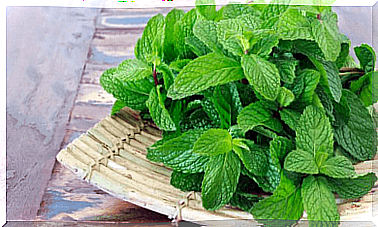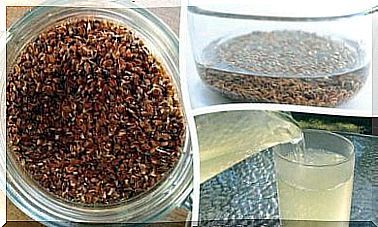Cartilage – How To Care For It?
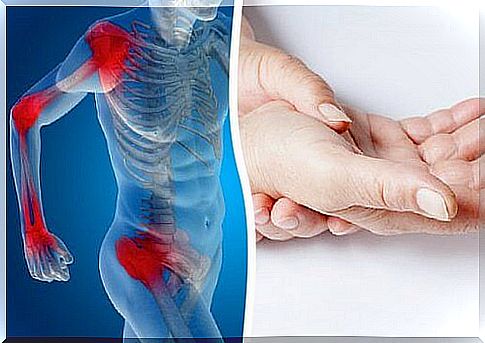
Although none of us pays much attention to it, cartilage is a very important part of our body and is essential for the proper functioning of the body. Together with the bone tissue, it plays a supporting role in the body.
Cartilage tissue is particularly vulnerable to damage in athletes, physically active people and also in the elderly. Did you know that you can mobilize it to regenerate by including certain ingredients in your diet? Today in the article you will learn what these products are!
Cartilage – it suffers the most
One of the main functions of cartilage is support. It covers, among other things, the surfaces where bones meet, ensures their mobility, facilitates sliding, while preventing their abrasion.
It is not as mineralized and hard as bone tissue, nor as flexible as muscles. It is worth paying attention to it because cartilage is one of the materials that, after damage, are very difficult to rebuild and fully regenerate.
It is often the cause of many diseases, such as arthritis, and another consequence is the twisting of the affected areas. The parts of the body that are most at risk of injury include:
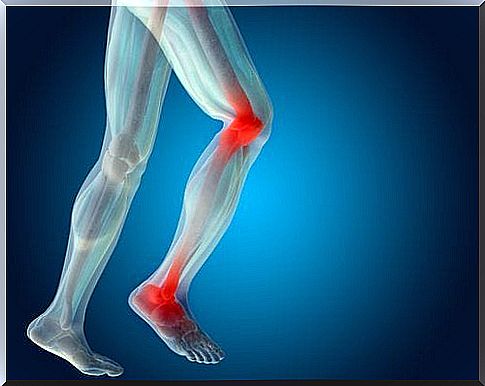
- cubes
- knees
- wrists
- elbows
- shoulders
It can also be damaged by serious accidents or burns. In these situations, the wounds are painful and can also cause mobility problems.
What are the causes of cartilage problems?
- aging of the body
- degenerative diseases
- excessive physical activity
- obesity
- stress
- carrying heavy things
- failure to provide the right amount of nutrients
It is important to take care of the health, especially of the cartilage tissue in the knee, which is responsible for carrying practically the entire weight of our body. The most common symptoms of injuries and injuries are:
- pain when the joint is moved
- limited range of motion
- deformation
- inflammation
- moreover, redness too
Nutrition and cartilage
Maintaining a proper diet will allow you to properly care for, strengthen and regenerate this part of our body in a natural way. The daily menu to fully nourish our cartilage tissue should be rich in the following ingredients:
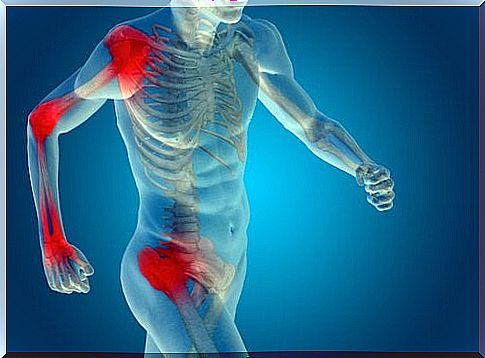
- vitamin A, C and D
- calcium
- lysine
- phosphorus
- fluorine
- magnesium
- protein
In addition, it is very important to provide the recommended amount of water, which will allow proper hydration of both the cartilage and the joints themselves. So don’t forget to drink at least two liters of water a day.
Speaking of the nutrients necessary to maintain the health of cartilage, and in the event of its damage, supporting its regeneration, we can also mention here:
Lysine
It is an organic chemical compound, an amino acid, the deficiency of which results in fatigue and irritation. Lysine is involved in the regenerative processes of the body in the event of any damage.
It belongs to the group of those amino acids that cannot be synthesized in the human body and therefore must be supplied with food. The recommended dose is 12 mg for every kilogram of body weight. Which products contain the most of it?
- Red meat
- Cod
- eggs
- soy
- cheese
- peanuts
- beer yeast
- legumes
Vitamin C
Vitamin C is a powerful antioxidant that effectively strengthens our immune system, and also naturally influences collagen biosynthesis.
In practice, this means that it improves the regeneration of connective tissue, improves the functioning of blood vessels and transports oxygenated blood, which is also responsible for the regeneration of damaged tissues.
Among the products with the highest concentration of vitamin C, we can distinguish:
- oranges
- tomatoes
- pineapples
- peaches
- strawberries
- kiwi
- onions
- pepper
- lettuce
- tangerines
- grapes
- blackberries
The recommended minimum dose for women is 75 mg and 90 mg for men.
Vitamin D
Exposure to sunlight is the best way to supply your body with vitamin D. This ingredient improves joint mobility and prevents diseases such as osteoporosis, arthritis and cartilage problems.
Along with food, we can also provide the body with this substance, and the best sources of it are:
- Rye bread
- milk
- whole grain flakes
- salmon
- Herring
- oysters
Collagen
It is a protein with an amazingly high tensile strength. It is the main structural component of connective tissue, cartilage, as well as bones and tendons. The conducted research proved that it facilitates the connections between these structures.
The easiest way to provide collagen to our body is to eat jellies. Remember, however, that they should be low in calories, because sugar reduces its properties.
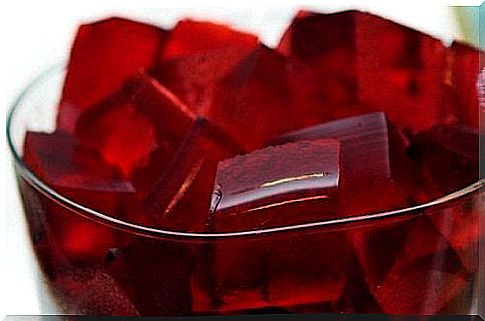
Apart from the fact that jellies can be a great dessert, they can also be used as an addition to other, not only sweet dishes. It is especially recommended for injuries of the hip and knee joints. The daily recommended dose is 10 g.
If you consume it regularly, you can completely eliminate the symptoms of osteoarthritis.
Spices and anti-inflammatory plants
To improve the regeneration of cartilage tissue, it is worth including certain herbs and medicinal plants in your diet. The first to be mentioned are willow and devil’s claw, followed by turmeric and ginger. Regularly adding them to teas and meals will make our joints more flexible and mobile.
Omega 3 fatty acids
In order for the cartilage tissue to be properly strengthened, especially the one in the knee, you should limit the consumption of saturated fats (those found in fast food) and replace them with lean protein (tofu, beans) and omega 3 acids.

The latter have the ability to reduce chronic inflammation in the body. The main sources of this ingredient are:
- tuna
- seafood
- sardines
- scallops
- spinach
- chicory
- kale
- chard
- hemp seeds
- chia (Spanish sage)
- pumpkin seeds
- linseed oil
- fish oil
- Maní Sacha Inchi peanuts
To keep your cartilage healthy – some good advice
You should also consider an appropriate lifestyle, and here are some tips:
- doing exercises starting at a low intensity and gradually increasing it
- daily walks
- stretching the legs, hips, arms
- massaging the most vulnerable areas of the body
- Be careful when lifting heavy things
- at the time of noticing the first symptoms, consult a specialist doctor as soon as possible




